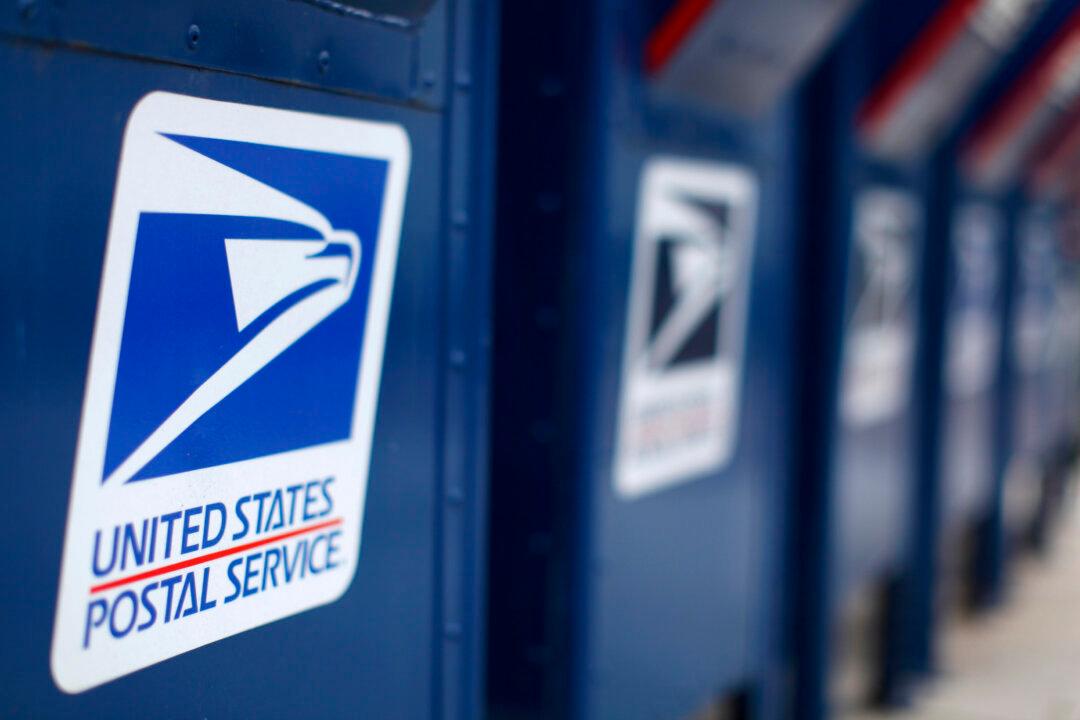Commentary
The U.S. Postal Service is underwater. It’s financially drowning. Ben Franklin, America’s first postmaster general, must be rolling over in his grave.

The U.S. Postal Service is underwater. It’s financially drowning. Ben Franklin, America’s first postmaster general, must be rolling over in his grave.